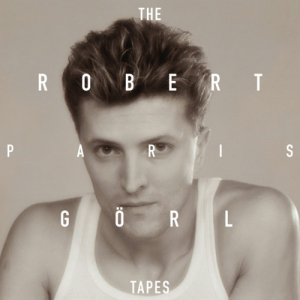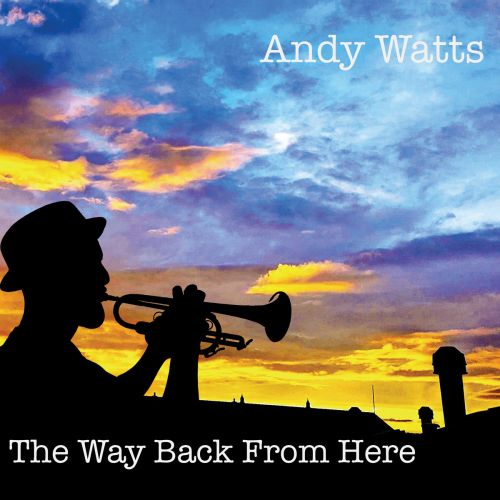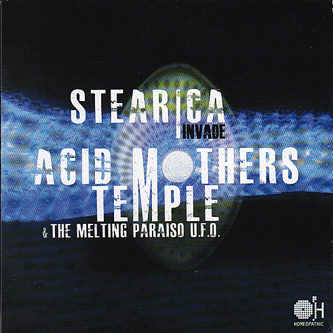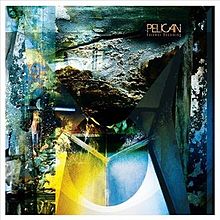 After Robert Görl and Gabi Delgado spilt up DAF back in 1982, for one reason or another, Robert lost all interest in music. He travelled to New York intent on taking up acting, but was required to leave after his visa expired. Once back in Germany, he was detained due to having missed military service and escaped by the skin of his teeth to Paris on a night train, armed only with a suitcase and his newly acquired ESQ-1 synth.
After Robert Görl and Gabi Delgado spilt up DAF back in 1982, for one reason or another, Robert lost all interest in music. He travelled to New York intent on taking up acting, but was required to leave after his visa expired. Once back in Germany, he was detained due to having missed military service and escaped by the skin of his teeth to Paris on a night train, armed only with a suitcase and his newly acquired ESQ-1 synth.
Although Robert never considered turning this basic tape into a full album, the tracks as they stand — imaginative sketches unencumbered by influence and constructed by a man taking stock of his position in life and which direction if any he should be taking — are quite fascinating. The self-imposed limitation of only having one vehicle to produce his musical ideas gives a satisfying uniformity to the results, and the fact that the nine tracks have no titles and are only recognised as parts one to nine gives further credence to the belief that this is one suite, specifically capturing one mood and one point in a man’s life.
A lot of the tracks have a basic dance-inflected rhythm running through them, with a real vibrancy to the high line, over which are laid various additional lines. Tempos vary from track to track, but the sound of the rhythm is often the linking factor. Echoes of Belgian hard beat abound on “Part 2”, the beats swishing like a blade through the air, but there is a lightness to the sound here that removes it form the old German school. The reliance on an utterly synthetic beat seems to imbue the tracks with air and each track also has a breakdown part way through, giving a sense of song structure to each track, rather then the album being just a series of monotonous beat-driven tracks. On the other hand though, there is a starkness and a loneliness to some of the tracks that speak of the emigrant aboard. It is possible in the mind’s eye to see Robert holed up in an apartment somewhere, slaving over this music to the exclusion of all else.https://www.youtube.com/watch?v=chgpvG8P_AI
The bass is so lush on “Part 3”, which has a proto-techno beat and a harsh danceable feel, but the breakdown part way lends it an air of doubt. It slows down and the main rhythm drops off for a while, leaving a sweet refrain that lingers in the ear. Not every track is dance-orientated; “Part 4” has a strangely oriental feel to it and is a little more romantic, almost with a waltz rhythm that is quite a surprise. The textures and layers that are draped over the rhythm are delightful, and bring to mind certain scenes in the film Crying Freeman: a kind of soft-focus landscape seen through a gauze of light rain.This track appears about halfway through the album and the change of mood is perfect, as the heavy beats of the Nitzer Ebb-echoing “Part 5” show the variation that Robert thought to bring to the overall sound. I keep having little reminders of things as I listen to it; a touch of early Thompson Twins here or even those quite harsh sibilant sounds of early Eyeless In Gaza. The idea of all these people spread around the world, experimenting with synthesisers and happening across similar sounds but put to different uses is quite evocative.
Sometimes these sorts of works in progress when released make for an unsatisfactory and half-finished listen, but Robert’s is like a perfect snapshot that was then lost. The Paris Tapes somehow show a person in transition, the lightness and synthetic feel giving an air of the temporary. It is all the more impressive and enjoyable for that sense of impermanence, rather like a butterfly moving through a summer landscape. If you were ever a fan of DAF or understand the importance of Robert’s contribution to electronic music, this would be an elegant addition to your collection.-Mr Olivetti-



